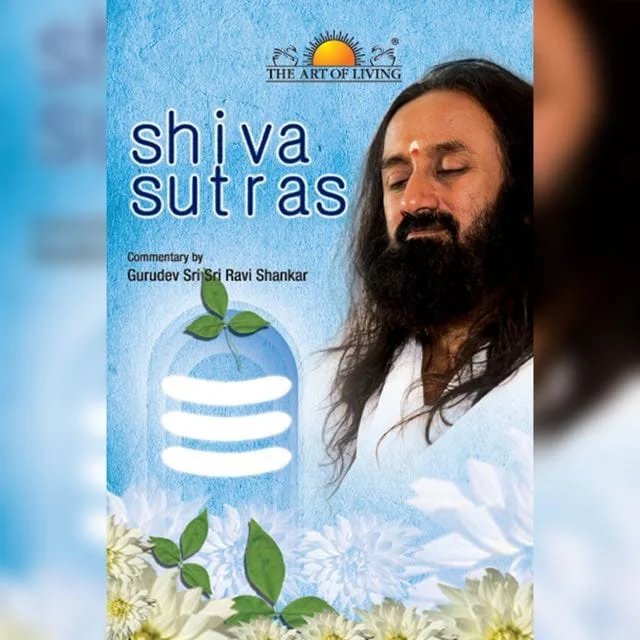Did you see atma? Who has seen it? Some people say they saw atma, but that is not atma. It is an illusion. Atma can never be an object of sight. If you see your shadow, remember that it is not actually you, but your shadow.
Knowledge can be acquired through analysis and logic. This is what science is. Analysis comes from logic. Knowledge of objects can be experienced, but knowledge of the self is only possible through vitarka.
If you want knowledge of the self, then drop logic and apply yourself to vitarka, or special logic. This logic does not destroy anything.
Spiritual knowledge and vitarka find unity in everything. It sees fullness and understands things as they are. Knowledge of the self is an all encompassing vision.
It is the pinnacle of vitarka. With Vitarka we create questions that have no answer. You can ask yourself, "Who am I?" This question is very complex.
Merely asking this question will take you to such depth. Vitarka has no answer in words. You can know that a person is asleep from his snoring.
If that same person gets up and tells you, "I am asleep," it will mean that he is not asleep. Similarly, if someone asks you, "Have you seen God?" It will be better to be quiet.
You can understand only with the language of silence. The essence of the Self cannot be captured in words. Vitarka makes you introspective. If you keep asking, "Who am I?" all answers fall away and there is only silence.
In the depth of that silence it is possible to have knowledge of the self. It is certainly not possible through words. This is to be experienced, it is more important to experience it than to understand it.
One of the sutras says to move forward through love and feelings. Feelings and reasoning are opposite. There is no logic in feeling, and there are no feelings in logic.
How many times is the same word used in songs? If you listen to music with the intellect, you might think that repeating words again and again is madness.
The mind questions, "What is the use of repeating the words so many times?" It is because there is love. The mind does not like repetition.
That is why a person who is fully awake finds it difficult to listen to complaints. People do not complain once, but they complain over and over again due to lack of knowledge.
Similarly, a person in love also repeats the same thing again and again. A rational person might not like this. He will become angry, and then boredom sets in.
Someone who is caught in logic cannot enjoy bhajans. They ask, "What is the point of repeating, 'Ram, Ram, Ram?" The mind may have quite reasonably asked the question.
But only someone who chants,
Ram, Ram," with bhakti, or devotion, will understand the effect of such repetition. If you repeat, "Ram' with devotion, then that power energies every cell of your body.
You experience happiness and you start to go deep into your self. However, someone who looks at it logically will say, "I have said 'Om namah shivaya' once. What is the use of repeating it?"
Logic and feelings do not go together. Laya samadhi happens because of feelings. What happens with logic? You can find samadhi with the mind's logic, but the logic should be vitarka.
Then the mind will become peaceful. "Who am I?" is the start of vitarka. Throw away all the answers and hold on to the question "Who am I?" until you are enlightened.
The only path to enlightenment is vitarka. It has been given for those at a certain intellectual level. Ganesha's vehicle is a rat. What does the rat mean? The rat is vitarka.
It nibbles on everything in its path and cracks the covering of ignorance. That is why Ganesha sits on a rat. Neither Saint Kanakdas nor Shishunala Sharief studied in any university or college, but now university students write theses on their works.
How did they get such knowledge? It came from vitarka. If we look back on our life, we notice how time has flown by - 20, 30, 40 or 50 years have quickly passed.
Everything in your life and everything around you has changed. You can understand this change. When you try to understand change, you may feel that there is one thing that has not changed, which draws your attention.
You can feel the presence of the self, which is unchanging, but you cannot see it. The phrase, "To see the self or God" has no meaning. Can the self appear in front of us as though a light has appeared and say, "I am atma, the self"
Did you see atma? Who has seen it? Some people say they saw atma, but that is not atma. It is an illusion. Atma can never be an object of sight. If you see your shadow, remember that it is not actually you, but your shadow.
Through vitarka atmajnanam, knowledge of the self, is possible. The moment this realisation happens, someone who was making himself more ignorant by logic will stop his arguments and look to atmajñana.
Even if we receive only a flicker of light of atmajñana it is enough. Innocence, simplicity and joy enter life. They must come. If one who knows the self is unhappy, he does not really know of the self.
A person shouting on a street corner cannot be a knower of the self, cannot be enlightened. He should have a cheerful mind.
Joy should fill each and every atom of his body, just like a baby's. Look at a baby. How is it Suppose you did not get it, you did not realise self-knowledge.


















No comments:
Post a Comment